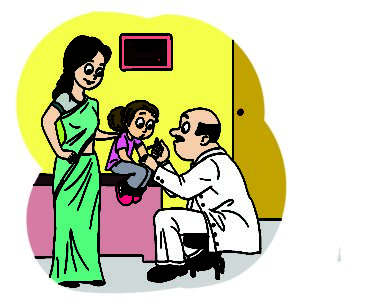- Home
- Blog
- 10 things you need to know about Hepatitis

10 things you need to know about Hepatitis
- Hepatitis is inflammation of the liver (becomes red and swollen as a response to injury or infection). It is most commonly caused by a virus. The 5 most common viruses that cause hepatitis are – A,B,C,D & E
- They cause similar symptoms (jaundice, dark urine, extreme fatigue, nausea, vomiting and abdominal pain) in the first few weeks after infection, which may or may not appear at all. But they spread differently and affect the liver differently in the long run.
- Hepatitis A and E are primarily spread by water and food contaminated with stools of infected persons. Hepatitis A can also spread from very close physical contact with an infected person. These viruses cause a short term disease which usually resolves by itself.
- Best way to protect yourself from hepatitis A & E is by practicing good hygiene. A vaccine is also available for Hepatitis A.
- Hepatitis B,C and D also begin as short term infections or acute infections. But the virus can persist in the blood and cause a long term or chronic infection leading to serious liver disease like cirrhosis(advanced liver scarring), cancer or liver failure.
- People with chronic infection are often unaware of the virus in their blood and continue to spread it to others for several years.
- Hepatitis B, C and D spread by contact with infected body fluids like blood, semen, vaginal fluids or saliva. Common modes of spread are
- Blood transfusions
- Contaminated medical equipment like needles and syringes or piercing and tattoo instruments
- Hepatitis B also spreads from
- Mother to child
- Family member to child
- Unprotected sex
- Sharing of razors and toothbrushes
- Hepatitis B vaccine is the best way to protect yourself against the disease. All children should be vaccinated with hepatitis B vaccine as per the national immunization schedule. This vaccine also offers protection against hepatitis D. There is no vaccine for hepatitis C.
- Since hepatitis B & C are silent infections it is advisable to get yourself tested if you have a history of exposure or come under the high risk category. Treatment can help cure or halt the progress of disease and prevent serious liver damage.




